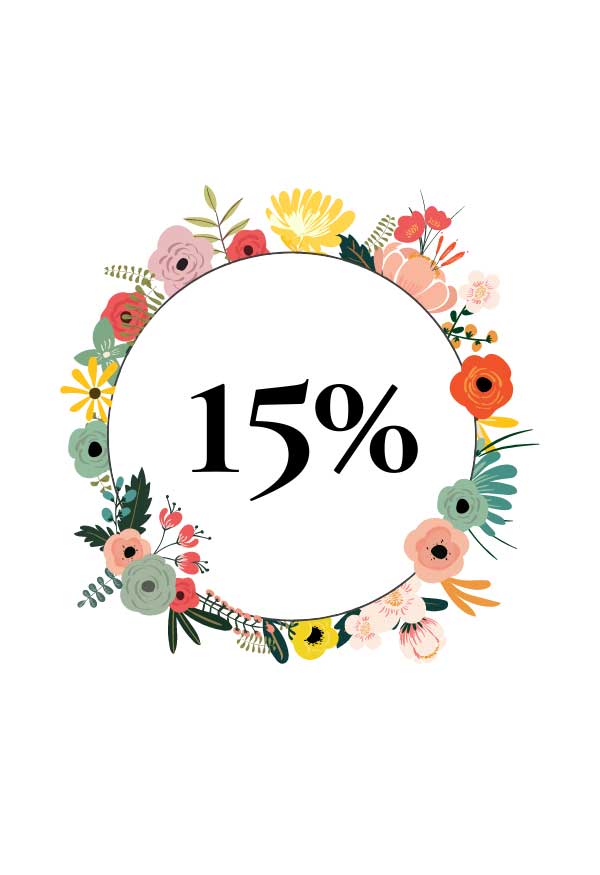
« Rosemary thrives in damp, cooler climates and treats the illnesses associated with such environments »
| Common name(s): | rosemary, compass-weed, poplar plant, old man |
| Family: | Lamiaceae |
| Origin: | southern Mediterranean |
| Parts used: | leaves |
| Constituents: | essential oils (borneol, camphene, camphor, cineole, limonene, linalool, terpineol, verbenol), flavonoids (apigenin, diosmin, diosmin), rosmarininc acid and other phenolic acids, terpenoids (carnasol, oleanolic & ursolic acid), bitter, calcium, potassium, phosphorus, magnesium, iron, zinc, beta-carotene |
| Therapeutic actions: | nervous system relaxant, sedative, anti-depressant, antioxidant, antiseptic, anti-inflammatory, astringent, diaphoretic, capillary tonic, circulatory stimulant, cardiotonic, carminative, hepatoprotector, diuretic, antispasmodic |
| Organs or systems affected: | brain, heart, intestines, lungs, skin |
|
Main medicinal uses: |
|
| Counterindications: | Those with hypertension should avoid rosemary |
OUR PRODUCTS CONTAINING ROSEMARY:



